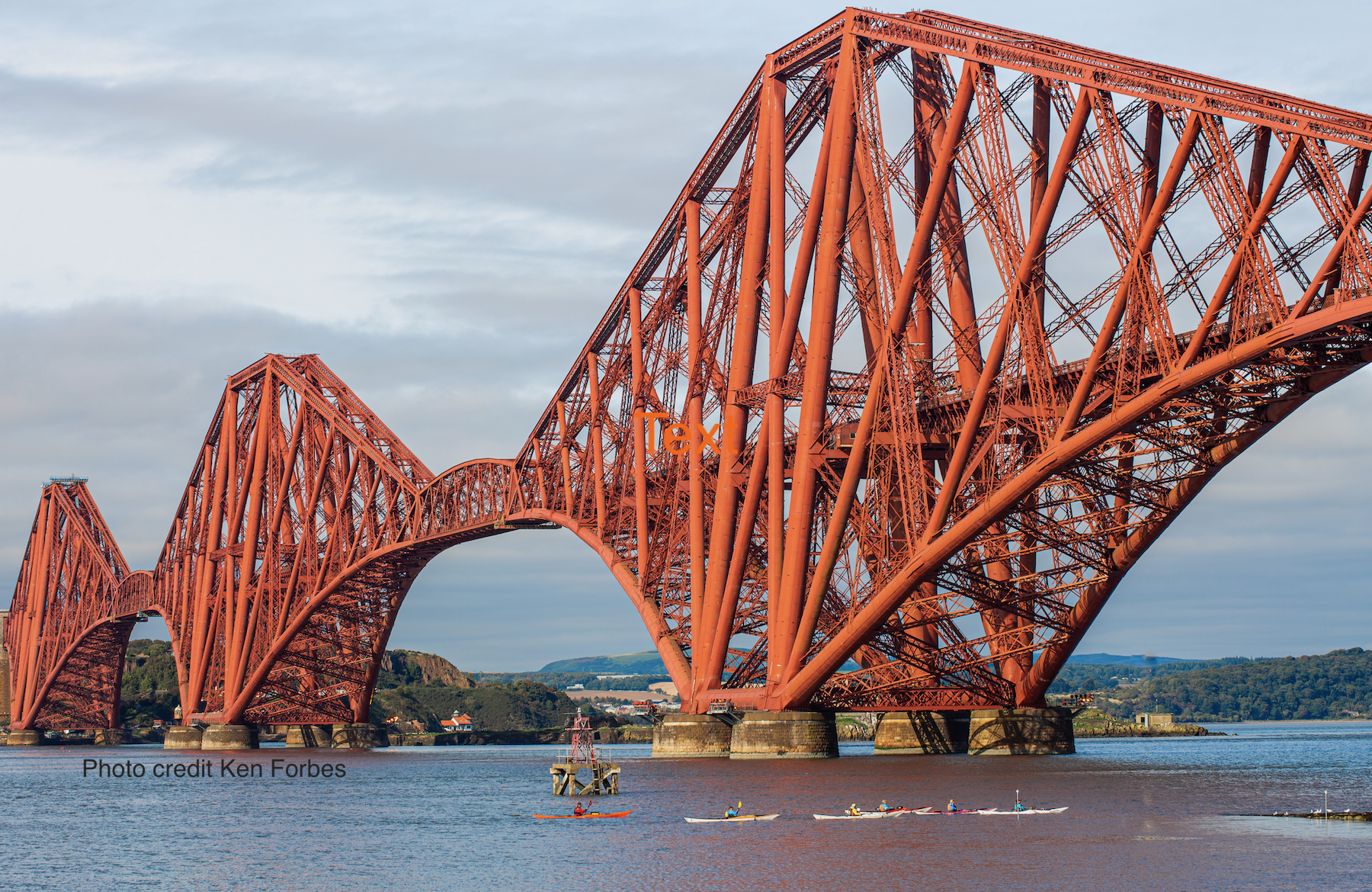Understanding where you are in terms of your paddling level and skills is useful for everyone. For some, it feels good to know that others feel the same way, they enjoy the same type of conditions and also struggle with the similar things, such as waves from the side or keeping up with the group.
This post draws on key observations I’ve made as a paddler, guide and coach.
“Jeez, turning the damn kayak in those waves was so hard!!”
This is a helpful guide for picking the right coaching course or trip for you, as nobody enjoys being too far out of their comfort zone or equally feel like they’re not getting challenged enough.
In my experience, many people relate to the Strong Beginner or experienced group paddler stages and enjoy many years of paddling around the Scottish coasts and islands with careful planning around weather and tides. To develop beyond this stage, usually takes a slightly more structured input, be that from a coach or an experienced paddling peer group.
These descriptions are a great starting point for discussion over a beer or a coffee, or a hot flask on a beach.
Absolute beginner
You have never sat in a sea kayak, canoe or a kayak before. You’re new to paddling on lochs, seas and rivers. You’re keen to learn and willing to give things a try.
Beginner
You have done 1-2 Intro to sea kayak sessions with a friend, club or a coach. You’ve managed to paddle forward and backwards and turn your sea kayak. You have probably done a wet exit with a spray deck and maybe done a practice rescue. Turning a sea kayak feels difficult and any wind tends to make your kayak wander around and hard to paddle in a straight line. Paddling into a wind is hard work, and waves coming from behind or the side are a bit scary. You’ve paddled about 6 miles /10km in a day.
Strong Beginner
Paddlers who recognise themselves here, may have been out a few times in some waves and some windier conditions, and are feeling a bit more confident. Paddling forward into the wind is still tiring, and others seem to paddle faster. Paddling for 15km feels ok but going for another 10km would seem too much right now. You’ve discovered the skeg and know how to use it. Turning on flat water is improving but in waves or wind it sometimes feels like a challenge. You can climb back into your kayak when practising assisted rescues, and you might have tried to rescue someone else.
Experienced group paddler
You may have been paddling for a few years and prefer to choose your days on the water carefully, picking sheltered trips and better weather days. Longer days of about 25km are manageable as are multi-day camping trips, and you are knowledgeable about tides and how the weather can affect you. You tend to avoid rougher water and more exposed coastlines. You don’t tend to practice skills but enjoy just going for a paddle, but now you’re curious and want to refresh some skills so you can continue to enjoy paddling.
Intermediate
You’ve been on longer trips maybe 20-25km. Getting to this stage can often take a couple of years and you are building up lots of experience in different conditions. You can complete a rescue of another paddler , and might carry some safety equipment like a towline. You are starting to enjoy ‘lumpier’ conditions but always prefer someone else more experienced close by, just in case! You’re beginning to paddle a bit faster when there is a wind and can keep up with most paddlers. You might carry a map and check the tides and weather forecast before paddling. You’re considering doing the Sea Kayak Award just to see how you do, and have maybe done some overnight trips.
Strong intermediate
You’ve maybe got your Sea Kayak Award and starting to do longer trips over a few days. You’re involved in the planning of paddling trips, looking at tides and weather, and you’re starting to look out for others in your group. Maybe you’ve helped out in a real rescue or incident? You can paddle closer to the rocks and perhaps go through a few rocky gaps. You want to challenge yourself in bigger waves, tidal waters and surf.



